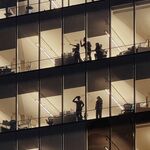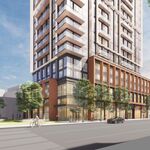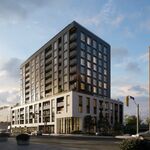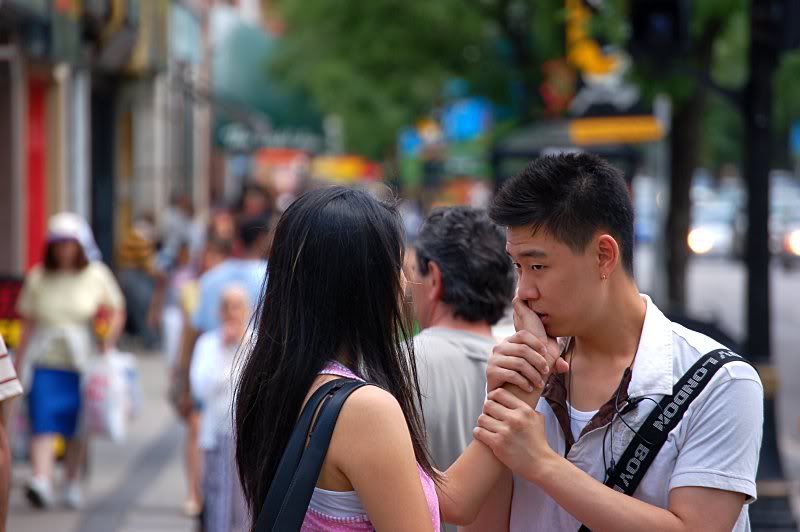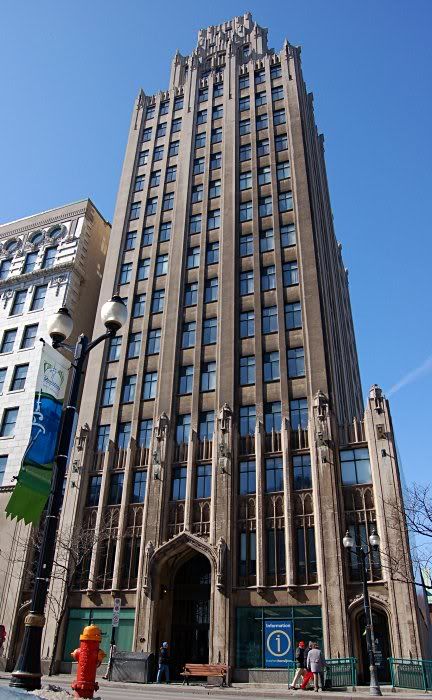Spoonman
Active Member
I looked around for a thread about this but couldn't find one, so I thought I'd post the question.
For all you veteran urban streetscape photographers out there, what kind of cameras/equipment do you use? I am saving up for an SLR and have been doing some preliminary research, but frankly I don't know the faintest thing about cameras. What kinds of makes/models do you recommend? How about accessories? I'd like to be able to capture everything from street scenes of people going about their daily business, to minute architectural details. Any suggestions would be great.
For all you veteran urban streetscape photographers out there, what kind of cameras/equipment do you use? I am saving up for an SLR and have been doing some preliminary research, but frankly I don't know the faintest thing about cameras. What kinds of makes/models do you recommend? How about accessories? I'd like to be able to capture everything from street scenes of people going about their daily business, to minute architectural details. Any suggestions would be great.
